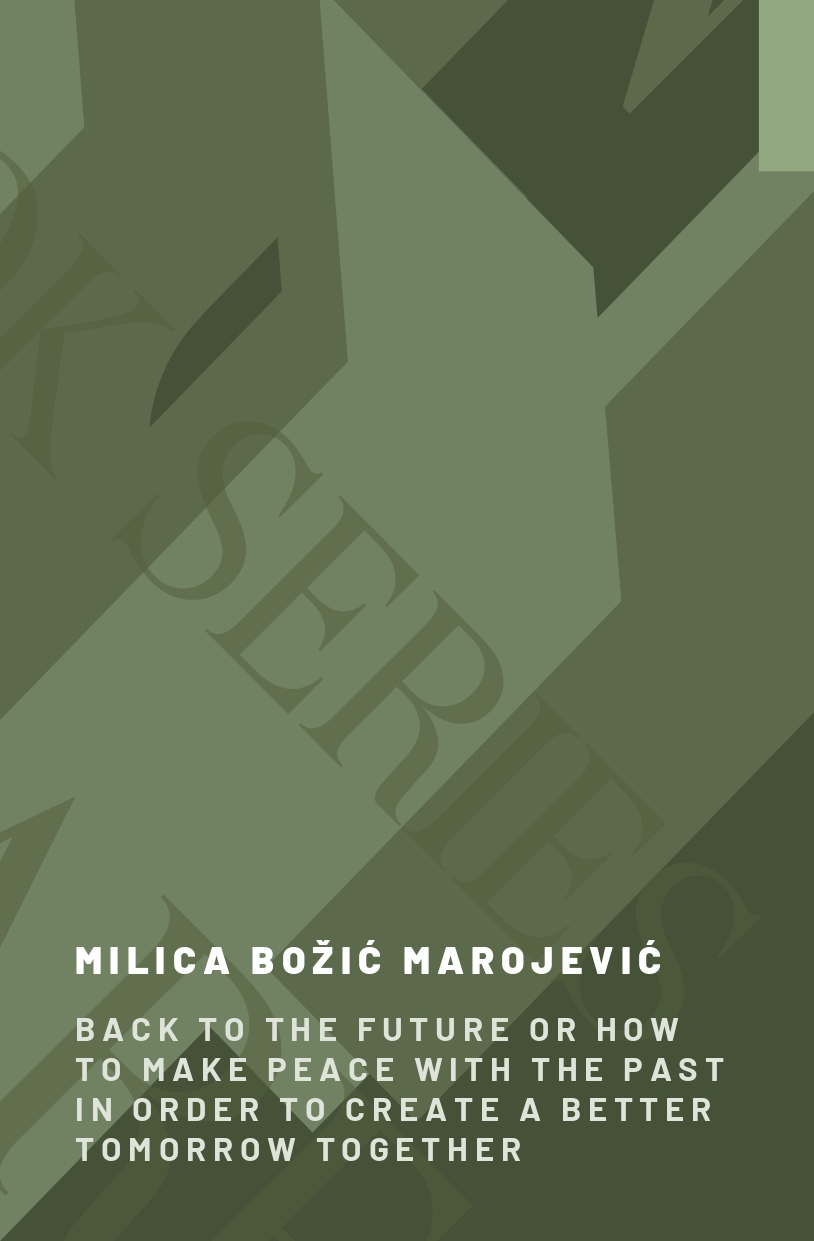
Back to the Future or How to Make Peace with the Past in Order to Create a Better Tomorrow Together
European integrations: Chapter 31 SDGs: SDG 04, SDG 16, SDG 17 Author(s): Milica Božić Marojević Thematic Area: Active Citizenship and Democratic Institutions Published: 2024 ISBN: 978-86-82324-80-5 Pages: 21 Language: English Publisher: Institute for Philosophy and Social Theory, University of Belgrade Tags: book | More Details“This research explores the role of dissonant heritage in reconciliation processes, focusing on young people’s perceptions of cultural memory in the context of Serbian-Albanian relations. Through an educational program at the University of Belgrade, the project examines how historical narratives shape interethnic attitudes and investigates the potential of heritage education to foster social cohesion. The findings highlight the urgent need for reforms in educational policies, public memory practices, and cross-border academic cooperation.
The policy relevance of this research is twofold. First, it aligns with the European Union’s integration agenda, which emphasizes reconciliation and regional cooperation as fundamental principles for accession. The study demonstrates that addressing contested historical narratives through education can serve as a mechanism for building democratic, pluralistic societies—key criteria in the EU’s political and societal benchmarks for candidate countries. Second, this research contributes to the realization of the United Nations Sustainable Development Goals (SDGs), particularly SDG 4 (Quality Education), SDG 16 (Peace, Justice, and Strong Institutions), and SDG 17 (Partnerships for the Goals). By promoting inclusive and balanced historical education, the project advances critical thinking, interethnic dialogue, and peaceful coexistence, essential for sustainable regional stability.
Ultimately, this study calls for greater institutional support for integrating reconciliation-focused curricula in formal education, fostering dialogue-based cultural policies, and strengthening regional academic collaborations to counteract ethno-nationalist narratives.”
Back
